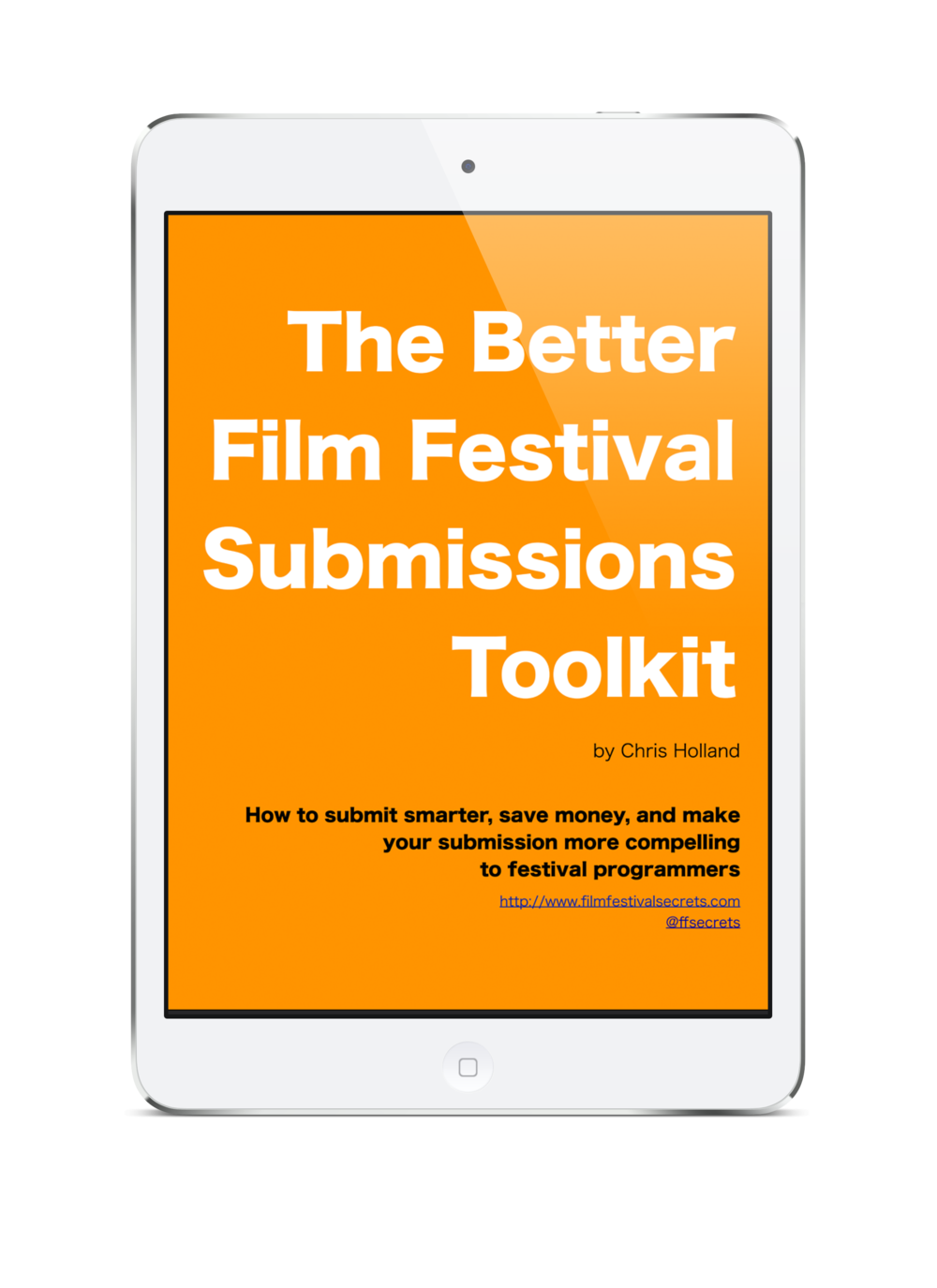Atlanta Film Festival programmer Charles Judson, writing for CinemATL.com:
I just finished watching a really strong short submitted to us for ATLFF13. When it began I was fearful it was going to be another cliched riddled affair because of the subject matter, but 60 seconds in I was hooked. By the halfway point I was excited we had gotten such a submission. By the end I was elated to know we’re looking at another strong year for shorts. If only it wasn’t 29 minutes long.
The film’s length, and because it’s a Graduate Thesis film, reminds me of the conversation I had with Christopher Holland of Film Festival Secrets about three weeks ago. Many film programs require that students start with short time frames and then work their way up. As Chris rightly brought up, this is a backwards way to train students.
I first encountered this phenomenon with a client, who was trying to get her short film into festivals and wasn't having much success. I asked her why the film was 20 minutes long when it didn't really need to be.
"It's my senior thesis film," she replied. "In my junior year they asked me to produce a ten-minute film, and for my senior year they wanted a film that was twenty minutes long."
This is "backwards" to me because a good filmmaker can tell the same story in ten minutes that will require twenty minutes in the hands of a lesser director. Economy of storytelling is incredibly important to film festivals, and it's not uncommon for programmers to approach short films with a running time over 15 minutes with some skepticism. There may be some good reason that a film school might require twenty minute projects from their students, but it handicaps those projects when they hit the festival circuit.


